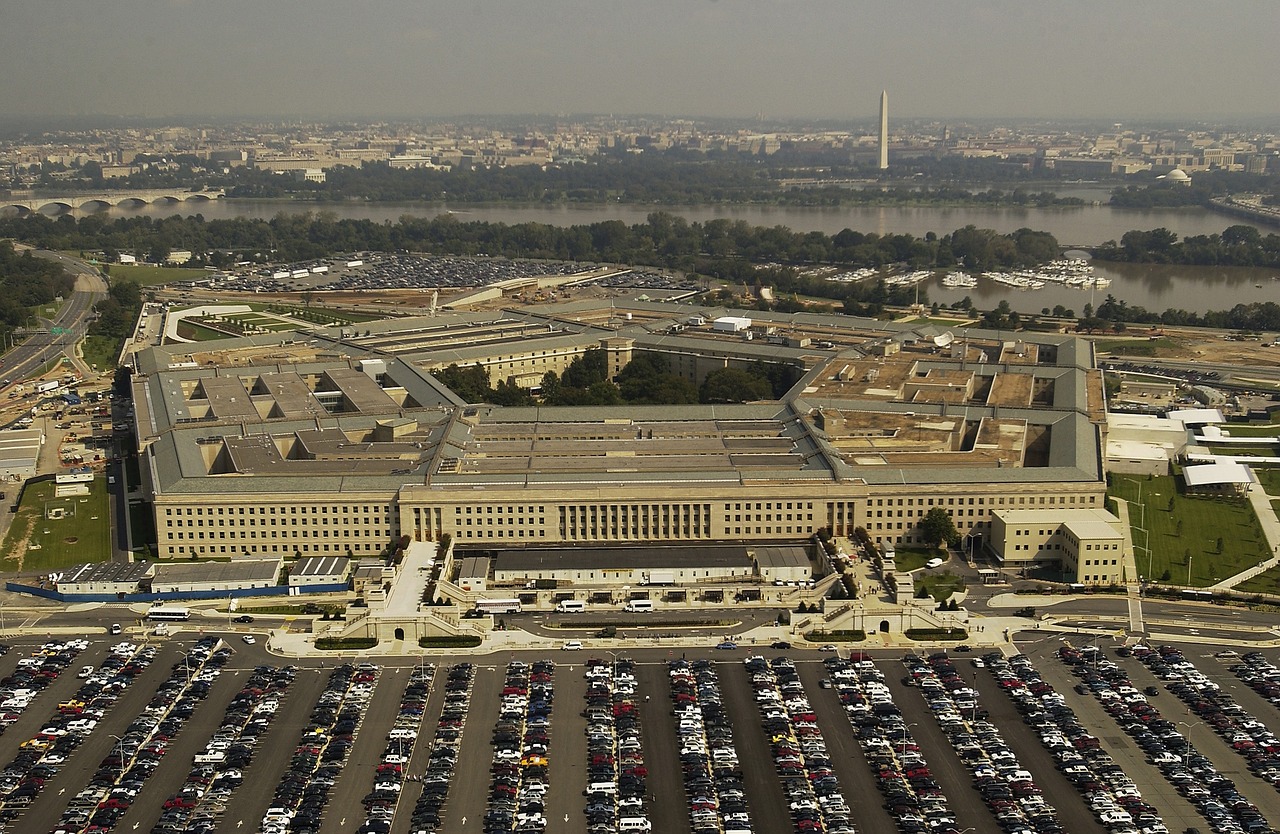Office of Strategic Capital Seeks Public Input on New Loan Program to Support Critical Technologies and Supply Chains

Insider Brief
- OSC seeks public input as it prepares to issue loans and loan guarantees for critical technology and supply chain components in support of the office’s mission to attract and scale private capital for national security.
- Several quantum technologies are included in the 31 covered technology categories.
- OSC is actively building the Department of Defense’s first loan program office.
PRESS RELEASE — The Office of Strategic Capital (OSC) announced the release of a Federal Register Notice and accompanying Request for Information (RFI) open for public comment. OSC seeks public input as it prepares to issue loans and loan guarantees for critical technology and supply chain components in support of the office’s mission to attract and scale private capital for national security.
Several quantum technologies are listed among the 31 covered technology categories.
The National Defense Authorization Act of 2024 (FY24 NDAA) formally established OSC into law, and granted the Department of Defense new authorities to issue loans and loan guarantees to increase private investment in the critical technologies and supply chains that support national security. With these authorities and appropriations, OSC is actively building the Department’s first loan program office.
OSC invites public comment on the RFI from companies and financial institutions, including their representatives and industry associations, regarding contemporary market activity, capital requirements, and where OSC-provided loans and loan guarantees can support investment in critical technologies. OSC is particularly interested in responses from companies and lenders working in the 31 component areas identified as promising critical technologies and assets in Section 903 of the FY24 NDAA.
“OSC-backed financing can help ensure the resilience and security of critical supply chains by supporting businesses that produce key components and materials,” said Under Secretary of Defense for Research and Engineering Heidi Shyu. “Loans and loan guarantees can also help level the playing field by providing businesses with the financial support they need to bring new technologies to market, expand their operations, and create jobs.”
For additional information and to submit comments for consideration, please visit the official notices on the Federal Register website. OSC is publishing two separate RFI documents: one for lenders and financial institutions, linked here, and one for companies, relevant industry associations, and other stakeholders, linked here. This RFI is for informational and planning purposes only and is not a solicitation for applications or an obligation on the part of the Government to provide support for any ideas identified in response to it. OSC encourages the market to share the RFI opportunity widely with colleagues.
Covered Technology Categories
The NDAA designates the following 31 categories as a “Covered Technology Category.”
- Advanced bulk materials (including dielectrics, alloys, polymers, and composites)
- Advanced manufacturing (including upgrades for increasing the efficiency or quality of existing production processes or for enabling commercialization of new technologies)
- Autonomous mobile robots
- Battery storage (including lithium ion, advanced lead acid, and alternate batteries, as well as fuel cells)
- Biochemicals
- Bioenergetics
- Biomass (including conversion-ready feedstock)
- Cybersecurity
- Data fabric (including integration across disparate domains)
- Decision science (including ensemble learning methods for portfolio optimization)
- Edge computing
- External communication
- Hydrogen generation and storage
- Mesh networks (including off-grid communications)
- Microelectronics assembly, testing, or packaging
- Microelectronics design and development
- Microelectronics fabrication
- Microelectronics manufacturing equipment
- Microelectronics materials
- Nanomaterials and metamaterials
- Open RAN
- Optical communications (including free space and optical fiber)
- Sensor hardware
- Solar (including power system and management components)
- Space launch
- Spacecraft
- Space-enabled services and equipment (including in-space operations and associated ground equipment)
- Synthetic biology
- Quantum computing
- Quantum security
- Quantum sensing
